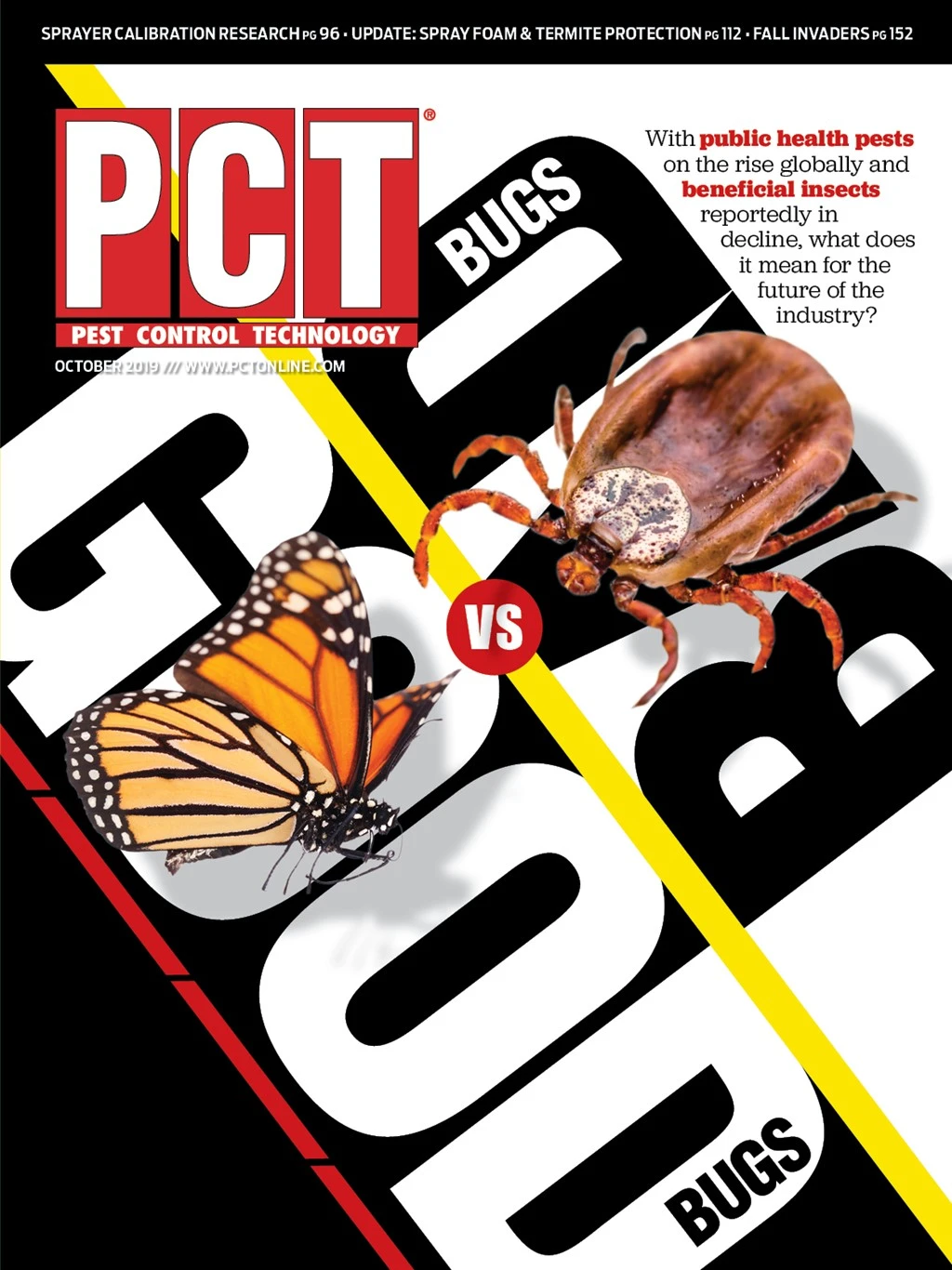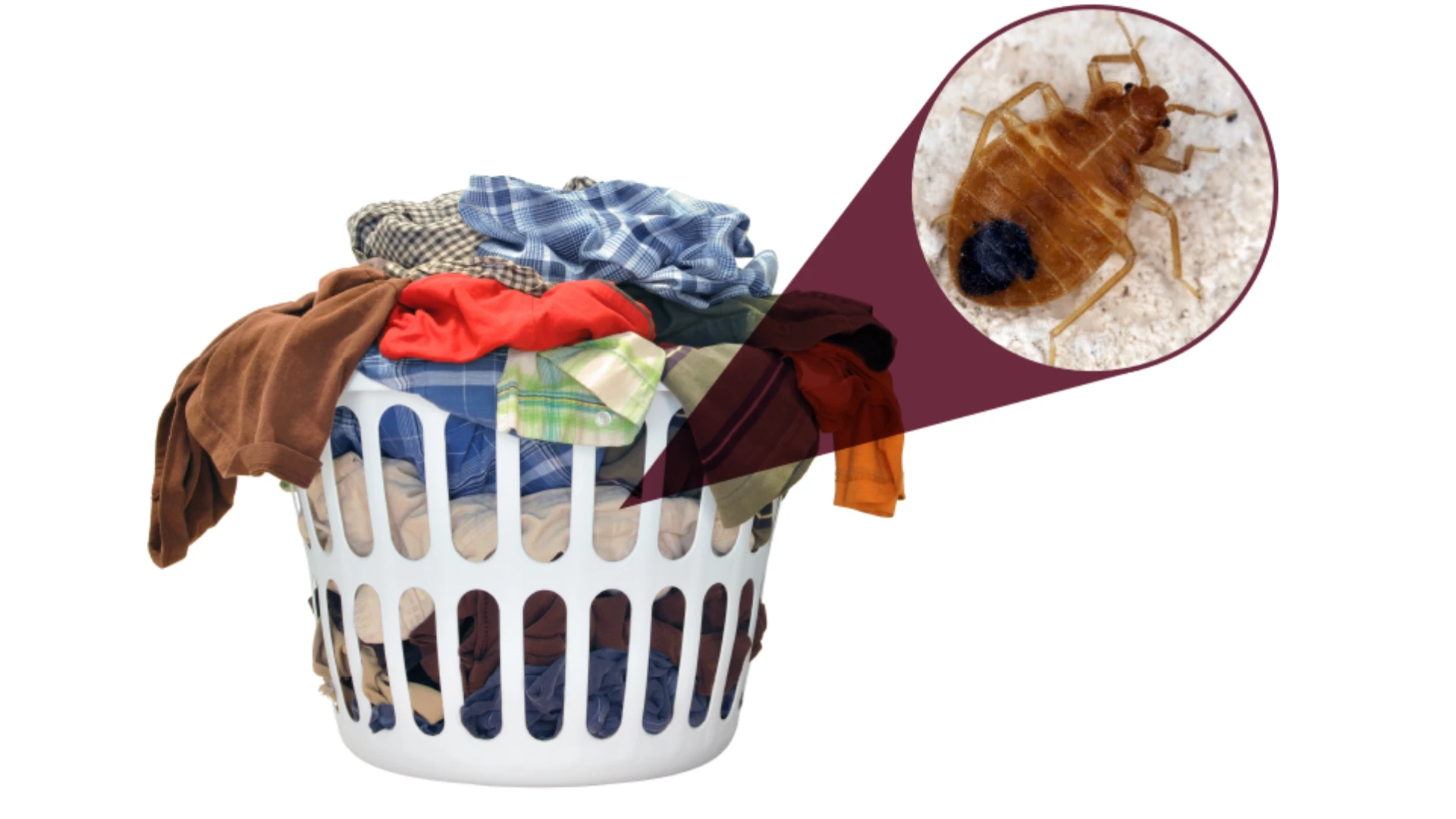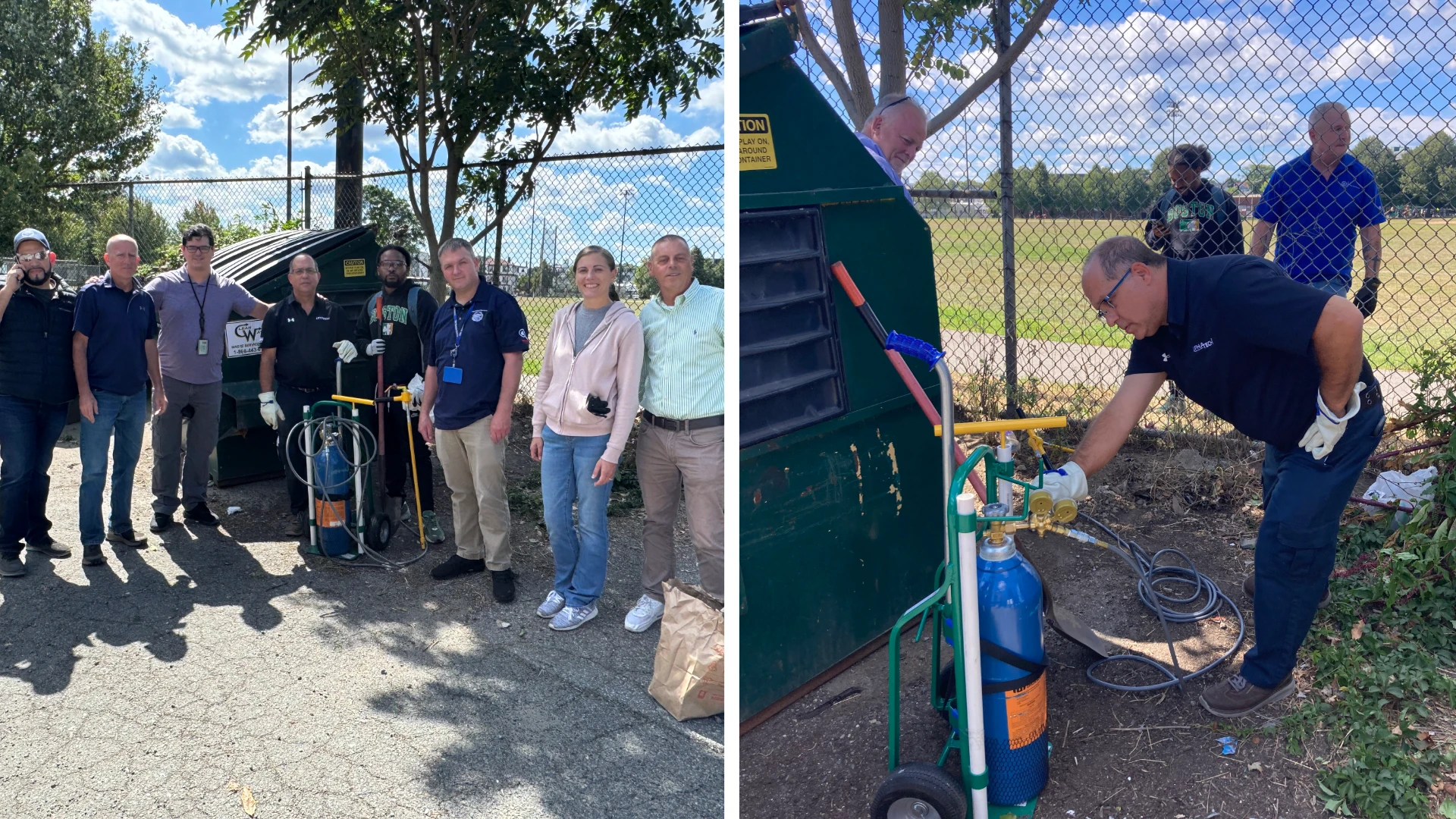
Marijuana is now legal to use recreationally in 11 states and the District of Columbia. More states and municipalities are likely to follow suit, even though it remains an illegal substance under federal law.
No surprise, 82 percent of companies are somewhat or very concerned about the impact of marijuana legalization on the workplace, according to a 2018 survey of 742 human resources and management em- ployees by HoundLabs, a company in Oakland, Calif., that is developing marijuana detection technology.
The biggest concern for 65 percent of respondents was how legalization might affect workplace safety, found the survey. That was followed by lost productivity (59 percent), higher workers’ comp incidents and costs (57 percent), absenteeism (51 percent), and employee retention (50 percent).
It’s a complex and confusing time for employers. In fact, more than half (54 percent) said laws legalizing marijuana at the state or local level created compliance challenges for their organizations, found a 2019 survey of 1,331 in-house lawyers, human resources professionals and C-suite executives by Littler Mendelson, a San Francisco-based law firm that specializes in labor and employment issues.
Curtis Rand, vice president of operations at Rose Pest Solutions in Northfield, Ill., couldn’t agree more. Cannabis will become legal for recreational use in Illinois on Jan. 1, 2020, and by then he has much to figure out. This includes how legal marijuana use might impact pre-employment drug testing, insurance, employees in other states, the company’s drug-free workplace policy and QualityPro certifications.
As such, he was researching and consulting with lawyers, insurance companies and drug testing providers to determine the right approaches. “The worst thing we could possibly do is make an uninformed decision” that could negatively affect employees, customers and the community, said Rand. “That’s the quandary we’re in right now,” he said.
But PMPs operating in states where recreational cannabis is legal already said the impact has been nil.
“I was concerned in the beginning but it really has not affected us one bit,” said Brian Olson, president of The Bugman Termite & Pest Control in Anaheim, Calif. California legalized recreational use of marijuana in 2018.

In Massachusetts, Pest-End Exterminators had taken a relaxed approach to using cannabis long before it became legal in 2016. “If it doesn’t affect your job, then I don’t care what you do at home in your own space,” said Operations Manager Adam Carace.
Public support for legalizing marijuana is at an all-time high (forgive the pun) with 66 percent of Americans backing the measure, according to a 2018 Gallup survey. This marked the third consecutive year that support for legalization increased.
Most pest management companies are deferring to state law and treating marijuana like alcohol, said Sandy Seay, an Orlando-based HR consultant to the National Pest Management Association. “Use it on the weekends but when you come to work on Monday morning you’ve got to be able to perform,” he explained.
Carace has never fired anyone because they show up to work stoned. “Honestly, we’ve had more issues with drinking than we have with marijuana,” he said.
Tracking service quality and key performance indicators alert employers to problems, said Olson. “You’ll know if people are abusing any outside substance: prescriptions, pot, alcohol. It will show up in attendance; it will show up in quality of work; it will show up in customer complaints,” he said.
UPDATE YOUR POLICY. Still, firms need an alcohol and drug policy that clearly defines prohibited behavior and potential discipline for impairment on the job.
“It’s very simple. If you’re a drug-free environment there’s no pot. You just have to draw the line,” said Olson.
Abell Pest Control, which has 550 employees across North America, also practices zero-tolerance for workplace impairment. “If you want to go have a beer at lunch, you can’t. It’s the same thing with marijuana. If you want to have a joint when you’re off on your break, you can’t,” said Sara Cromwell, human resources manager for the Etobicoke, Ontario-based company. Canada legalized recreational use of cannabis country-wide last October.

As for medical marijuana, which is legal in 33 states and Canada, laws may require companies to accommodate its use on the job or allow them to prohibit use of cannabis (and other prescription medications that may cause impairment) during and just before work hours.
At Abell Pest Control, if employees take prescription drugs (including marijuana) that may impair their ability to drive, “they can’t be working on that day. We need to work with them to not allow them to work in the truck,” said Cromwell.
Some of Carace’s employees have prescriptions for marijuana to treat pain and anxiety; they didn’t want to take opioids and potentially get addicted. “It’s actually helping them and it does make a big difference,” said Carace. The prescriptions have helped them become “better employees than they were” before, he explained.
Cromwell advised PMPs to amend existing drug and alcohol policies to include marijuana (recreational and medicinal) and for PMPs without a policy to get one. Many resources exist online to download a standard policy, but customize the supporting program — the details for what happens should employees violate the policy — to your workplace, she said.
Over the past year, 30 percent of companies updated employee handbooks, drug policies and related documentation to manage safety and employment law-related risks of recreational and medical use of marijuana, according to the Littler Mendelson survey.

Fourteen percent conducted training for HR professionals and managers; and 14 percent communicated the organization’s expectations or stance on marijuana product use to employees. Confusion surrounding employer obligations is likely why 49 percent of organizations took no action at all, found the survey.
For companies operating in multiple states — where marijuana is legal in some and not others — Seay urged PMPs to develop a policy that covers everyone equally. “I think that as a general principal it’s best to have a policy that applies to all employees, whether they’re in a different state or not,” he said.
TESTING JOB APPLICANTS. Marijuana was the most common illicit substance detected in workforce drug screenings, according to a 2019 analysis by Quest Diagnostics, a provider of diagnostic information services. Among the general workforce, the rate of positivity for marijuana in urine drug tests increased nearly eight percent last year and almost 17 percent since 2014. (Visit http://dtidrugmap.com for a detailed U.S. map of the findings.)
Drug tests look for delta-9-tetrahydrocannabinol (THC), the psychoactive ingredient in marijuana. THC is fat soluble so it stays in a user’s system longer than some other drugs/alcohol, even though he may no longer be impaired. Tests evaluate a person’s urine, oral fluid, hair or blood.
But changes to pre-employment screens are coming. Testing for marijuana in the state of Nevada and New York City will be prohibited as of Jan. 1 and May 10, 2020, respectively. “In those two places employers, QualityPro or otherwise, will not be allowed to test on a pre-employment basis for marijuana,” said Seay, who expects other states to follow suit. In Canada, pre- employment drug testing is generally viewed as an invasion of privacy.
Some employers are choosing not to test candidates for the substance. “We’re seeing more and more employers just removing marijuana from the testing panel. They just don’t want to deal with it in those states” where it’s legal, said Ben Johnson, vice president of FleetScreen, a drug and background testing company in Fort Worth, Texas.
Carace disregards positivity for marijuana in drug tests and instead focuses on drugs like cocaine, amphetamines, PCP and opiates. On the other end of the spectrum, Olson said a positive test for marijuana is a reason not to hire an individual. Rand is unsure how Rose Pest Solutions will evaluate the tests. “That’s where we have to come to a judgment: What is our level of acceptance?” he said.
For existing employees, Seay does not recommend performing “random” drug tests; test only after an employee is involved in a vehicular or work-related accident or when the employer has reasonable cause to believe the employee is impaired. Judging impairment from marijuana is more difficult than from alcohol and may involve vague symptoms like glassy eyes, slurred speech and not being in the right frame of mind.

PMPs said the best way to mitigate impairment risk is by hiring the right people from the get-go. Conducting criminal background checks, verifying licensing and certifications, checking references and doing face-to-face interviews can weed out suspect candidates (excuse the pun). So can exploring the candidate’s social media accounts and driving records.
After clearing these checks, Stephen Taylor, owner of Target Pest Control in Lower Sackville, Nova Scotia, asks new hires to sign an employment agreement. If they violate the agreement, such as by falling outside the rules of law by driving impaired, they can be dismissed.
“I can’t stop my employees on Friday night buying a case of beer. I sure the hell can’t stop them from buying Angel cannabis. But I can hope to God when they come to work Monday they meet all the laws and rules” and are fully competent to do the job, he said.
The author is a frequent contributor to PCT.

Explore the October 2019 Issue
Check out more from this issue and find your next story to read.
Latest from Pest Control Technology
- Rentokil Terminix Expanded in Key Markets with 2024 Acquisitions
- In Memoriam: Joe Cavender
- Certus Acquires Green Wave Pest Solutions
- Liphatech Adds Alex Blahnik to Technical Team
- Do the Right Sting: Stinging Insect Identification, Management, and Safety
- VAGA's 8th Annual Veterans Thanksgiving Appreciation Dinner
- Clark's Blair Smith on the Response to Increased Dengue Fever Cases in Southern California
- WSDA, USDA Announce Eradication of Northern Giant Hornet from U.S.





